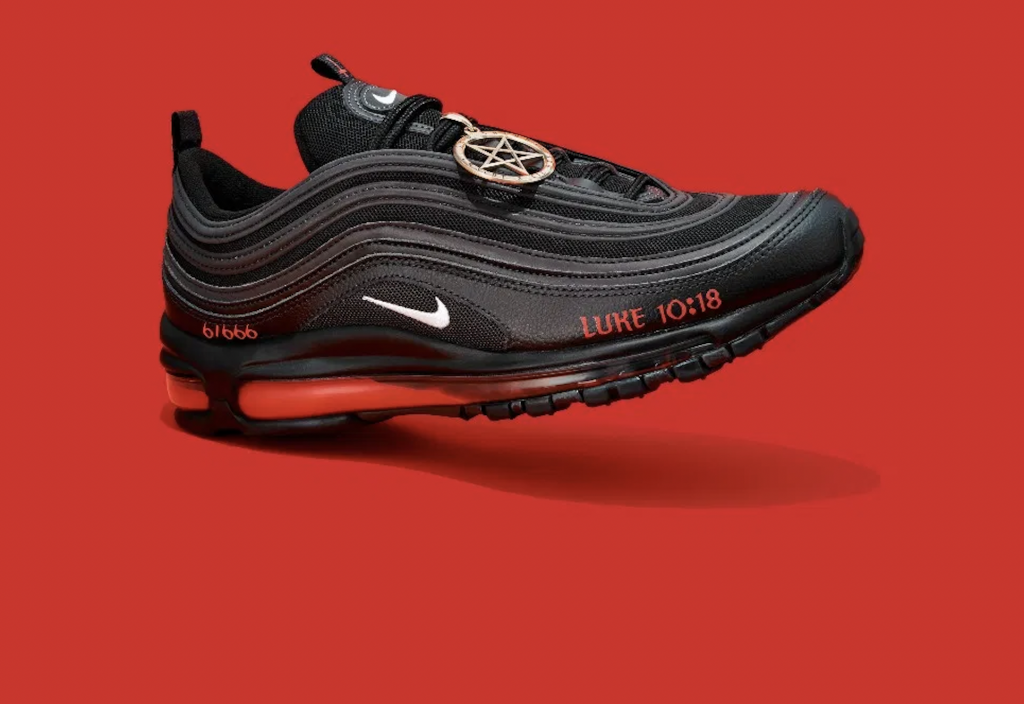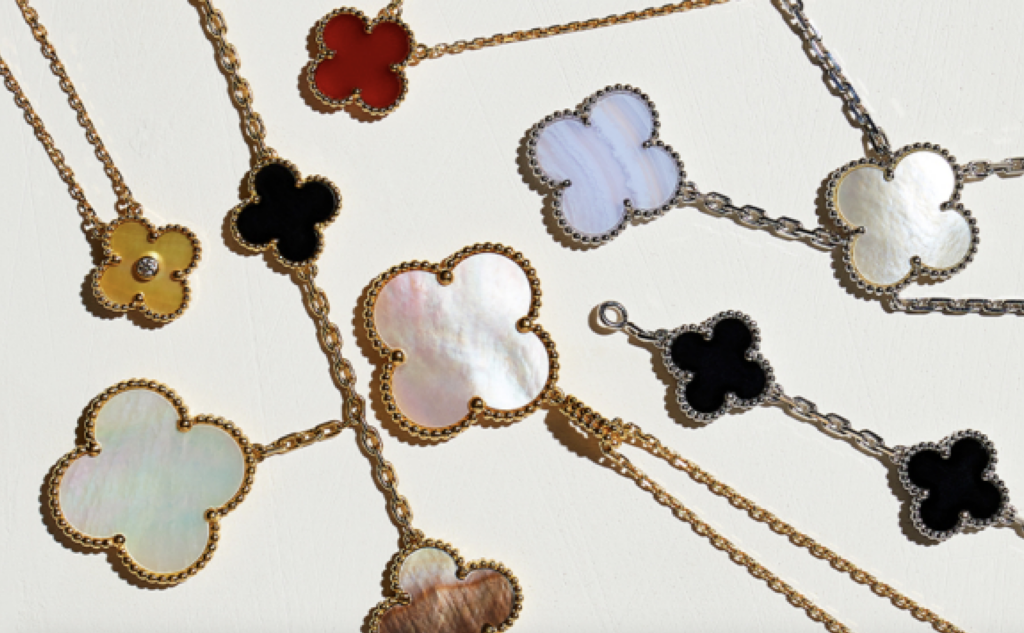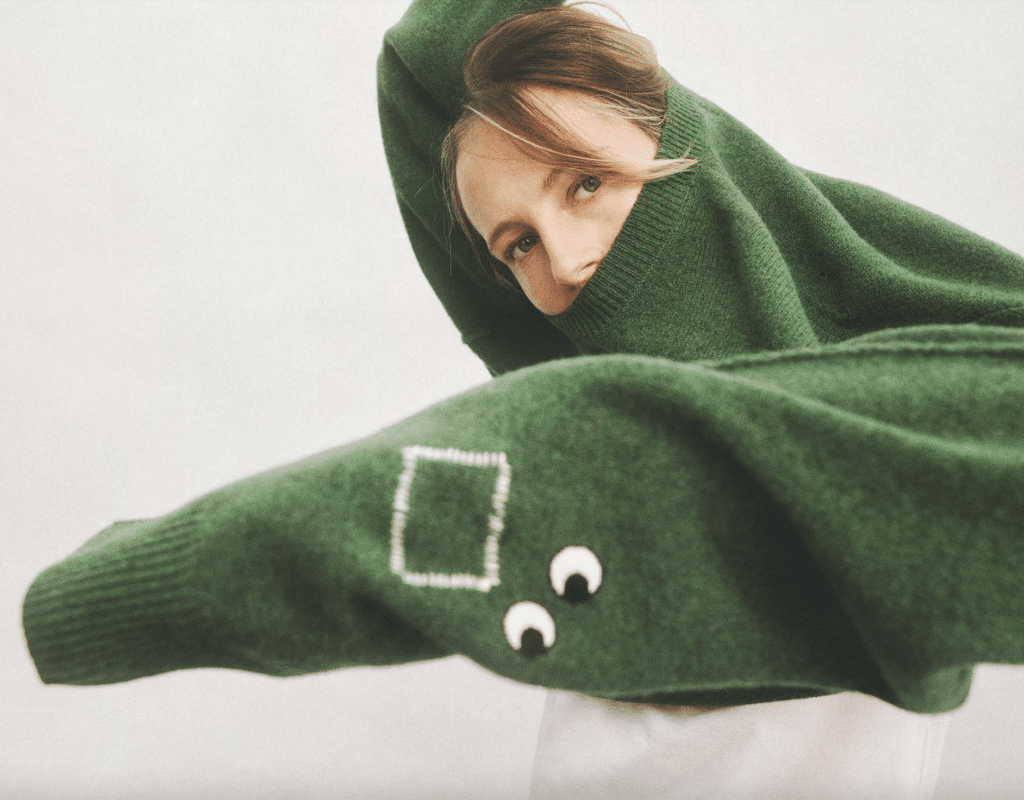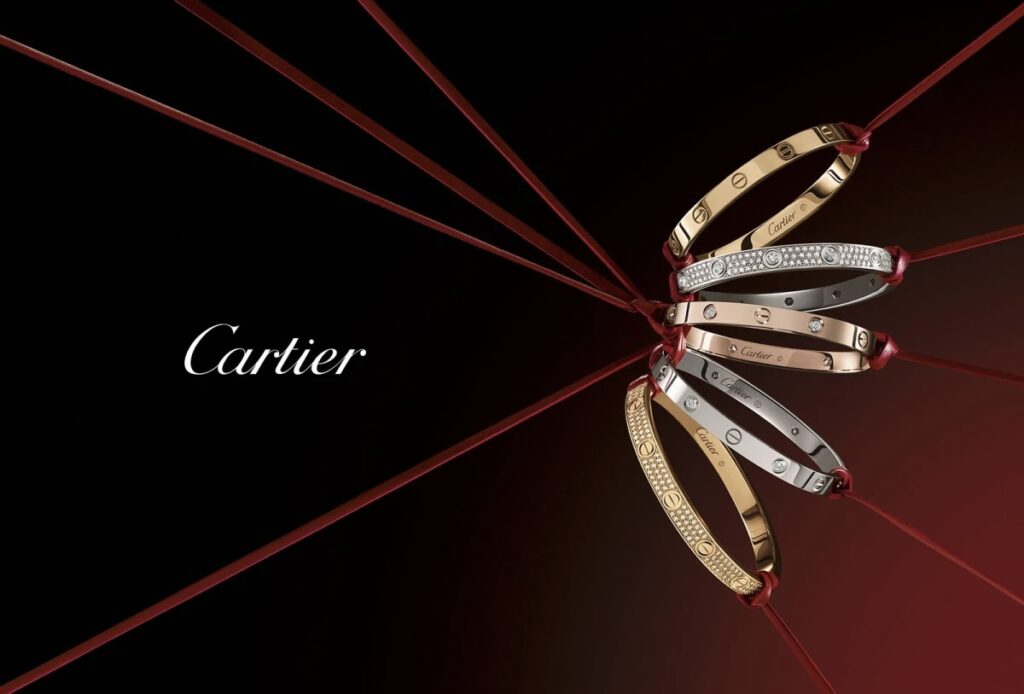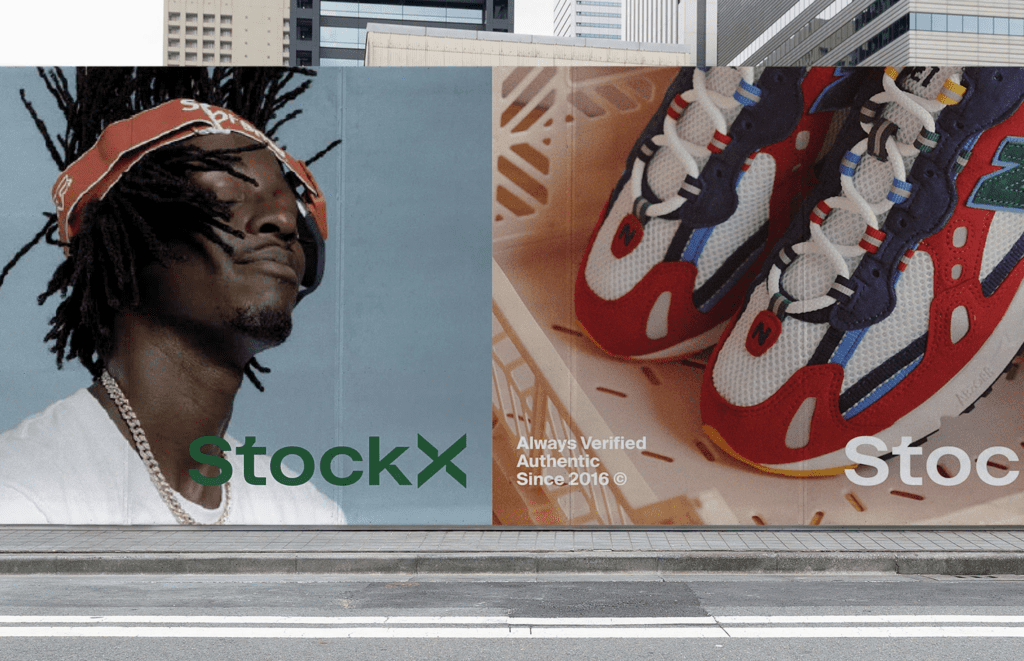Nike is angling to put an immediate stop to MSCHF Product Studio Inc.’s distribution of the headline-grabbing Satan Shoes – and any other Swoosh trademark-bearing products – that it offered up for sale on Monday. In the immediate wake of the trademark infringement and dilution lawsuit that it filed early this week, Nike has lodged an application for a temporary restraining order (“TRO”), as well as a preliminary injunction, with the U.S. District Court for the Eastern District of New York, seeking to put a halt to MSCHF’s alleged trademark infringement and dilution-by-sneaker. The (potential) issue: MSCHF claims that it already started shipping the allegedly infringing footwear, getting all but one of the 666 pairs of sneakers out of the door, thereby, removing the need for such remedies.
The case got its start on Monday just hours after MSCHF officially dropped a run of 666 pairs of its blood-infused “Satan Shoes,” which consist of customized Nike Air Max 97 shoes that Nike claims MSCHF has “materially altered to prominently feature a satanic theme … without Nike’s approval or authorization.” Widespread chatter on social media and the prominence of the Nike Swoosh logo on the MSCHF sneakers – whose soles were injected with red ink and a single drop of human blood – has “cause[d] consumers and potential customers to believe that MSCHF’s Satan Shoes are associated with Nike, when they are not,” Nike argued in its complaint.
Setting out claims of trademark infringement and dilution, false designation of origin, and unfair competition, Nike argued in its complaint that consumers are, in fact, confused about the source/nature of the MSCHF sneakers, and as of Monday, there was “already evidence of significant confusion and dilution occurring in the marketplace, including calls to boycott Nike in response to the launch of MSCHF’s Satan Shoes based on the mistaken belief that Nike has authorized or approved this product.”
In connection with its causes of action, Nike is seeking permanent injunctive relief to bar MSCHF from “manufacturing, transporting, promoting, advertising, publicizing, distributing, offering for sale, or selling any products (including but not limited to the Satan Shoes) under Nike’s marks, [and/or] any marks substantially indistinguishable therefrom,” among other things, as well as monetary damages. But even more immediately, counsel for Nike argued this week that “absent a temporary restraining order” (and a preliminary injunction thereafter), it will suffer “irreparable harm” as a result of MSCHF’s ongoing conduct. Counsel for MSCHF pushed back against Nike’s quest for a TRO, alerting Nike and the court that such a remedy is inappropriate since MSCHF contends that it “already shipped 665 of its 666 infringing shoes” and “has no intention of issuing additional Satan Shoes.”
Nike responded to MSCHF’s pushback in a letter on Thursday, arguing that even if the company did, in fact, ship nearly all of the sneakers, it is still in need of a TRO for a few reasons. Among other things, Nike argues that the court “should order a recall to prevent MSCHF from gaining an advantage from its own gamesmanship,” including its attempt to “hastily fulfill” nearly all of the Satan Shoes orders, and simultaneously “promote a t-shirt bearing the front page of Nike’s Complaint.” More than that, Nike asserts that “MSCHF concedes that it has not shipped at least one pair of shoes, which it had been planning to give away via a social media raffle.”
While MSCHF – which has enlisted Debevoise’s David Bernstein, Meghan Bannigan, and co. as counsel, who argued against the TRO in a letter on Wednesday – “represents that it has ‘suspended that plan pending the resolution of Nike’s application,’” as of the time of Nike’s letter, “MSCHF’s website marketing the Satan Shoe continues to promote this raffle contest for the final pair.” Against that background and “given MSCHF’s history of shipping infringing shoes faster than Nike can obtain the Court’s assistance,” the entry of a TRO is appropriate to prevent further irreparable harm, Nike argues.
In furtherance of its TRO argument, Nike asserts that it has established a likelihood of success on the merits of its case, including trademark infringement. Despite MSCHF’s contention that Nike “cannot show a likelihood of success because Nike allegedly cannot show confusion among sophisticated ‘sneakerhead’ purchasers,” Nike claims that it submitted evidence of such confusion and takes issue with “MSCHF’s argument that purchasers of its shoes are too sophisticated to be confused,” calling it “unavailing when [the] products contain Nike’s identical mark on a directly competitive product—in such cases even careful inspection of the shoes ‘would be of doubtful value.’” Moreover, Nike claims that “MSCHF’s argument also ignores that, in addition to point-of-sale confusion, Nike has established a likelihood of success based on post-sale confusion, dilution by blurring, and dilution by tarnishment—none of which require a showing of point-of-sale confusion.”
In its letter, Nike goes on to address MSCHF’s previously-dropped “Jesus Shoes,” which were similarly constructed from Nike sneakers without Nike’s authorization. Addressing why it opted not to take legal action in connection with that drop in 2019, Nike asserts that “the Jesus Shoe was a smaller release that attracted little attention and was not one that associated Nike’s brand with as charged a topic as satanism.” With that in mind, Nike asserts that it “was under no immediate obligation to sue for the Jesus Shoe, and MSCHF’s prior infringements of Nike’s trademarks do not excuse its more recent infringements.” The sportswear giant claims that it has not “ruled out pursuing relief related to the Jesus Shoe at this time,” and explicitly reserves the right to “amend its complaint to add allegations of ifnringeemnt against MSCHF’s sale of the Jesus Shoes.”
Still yet, Nike goes on to shoot down MSCHF’s request that the court “give its mass-produced shoes the same protection afforded expressive works, such as a satirical magazine.” Arguing that the First Amendment does not entitle MSCHF to sell footwear emblazoned with its Swoosh logo, Nike claims that “MSCHF did not create a single shoe-shaped sculpture to sit in a museum, [i]t created hundreds of shoes (at least 666) emblazoned with a Nike Swoosh that it sold to all-comers,” which is “exactly the business that Nike is in, and Nike’s valuable trademarks would be severely diminished if anyone were free to manufacture a shoe with a Swoosh simply by calling it a work of art.” The First Amendment “requires no such absurd result.”
(MSCHF has argued that the Satan Shoes are exactly not your average sneaker: “These are not typical sneakers, but rather individually-numbered works of art that were sold to collectors for $1,018 each (much as Banksy and other artists sell numbered, limited-edition prints of their artistic works).”)
And even if it did, Nike asserts that MSCHF fails to make its case on the First Amendment front, as the Satan Shoe lacks “artistic relevance to the trademark” and is “explicitly mislead[ing] as to the source or the content of the work.” MSCHF certainly has the right “to criticize social norms that discriminate, such as religious norms that marginalize certain groups of people,” per Nike, which is what the art collective argues it is doing by way of the Satan Shoe, but it cannot do so with Nike’s sneakers, the brand claims, as “those norms have nothing to do with the Nike Swoosh or the NIKE word mark.”
Ultimately, when a “reasonable consumer sees a Nike Swoosh on a shoe or sees the NIKE word mark in advertising for a shoe, it is inevitable that he will believe Nike is the source of that shoe,” Nike argues, asking the court to order MSCHF – whose goal, Nike contends, “was and is to stir controversy to provoke Nike into filing a lawsuit and taking further action” – to “cease further infringing shipments and recall any infringing shoes that have already been shipped.”
As for MSCHF’s complaint that Nike did not contact it before filing the lawsuit, Nike asserts that it opted to simply file the complaint the day after the infringing shoes were announced, as it “believed contacting MSCHF would have been futile, a belief which has been validated by MSCHF’s fulfillment of infringing orders after learning that Nike had filed suit.”
While a TRO has (yet) not been issued, The Hollywood Reporter revealed that following a hearing on Thursday morning, Judge Eric Komitee “ruled that Nike has made a showing sufficient for a temporary restraining order. A hearing to consider a longer-lasting preliminary injunctive will follow but the judge says that Nike has shown a likelihood of prevailing on the merits of its trademark claims. Nike’s request for relief is granted, although some clarity on the scope of the TRO may come from a written order to soon be issued.”
UPDATED (April 1, 2021): In an order issued on Thursday evening, Judge Komitee grant Nike’s motion for a TRO “pending resolution of its motion for a preliminary injunction.” In the 5-page order, the court determined that “Nike has shown a likelihood of success on at least some of its claims,” stating that Nike specifically showed that “MSCHF’s actions are likely to confuse, and likely are confusing, consumers about the origin, sponsorship, or approval of MSCHF’s goods,” and are “likely to dilute and tarnish Nike’s marks.”
Speaking about MSCHF’s First Amendment defense, which is “based on the purported expression embodied by [MSCHF’s] production and sale of the Satan Shoes,” Judge Komitee states that “First Amendment rights of artistic expression are paramount, and [MSCHF] will have a full opportunity to pursue this affirmative defense at the preliminary injunction stage, if it chooses,” but as of now and “based on the limited record before me,” he held that MSCHF has not met the relevant burden of proof.
With that in mind, the court ordered MSCHF to refrain from “fulfilling any orders for Defendant’s Satan Shoes,” “using the NIKE word mark or the Nike Swoosh mark or any mark that is confusingly similar to [Nike’s] marks, or is a derivation or colorable imitation thereof, regardless of whether used alone or with other terms,” “referring to or using any Prohibited Marks in any advertising, marketing, or promotion,” and also from enabling/assisting others in doing so.
*The case is Nike, Inc. v. MSCHF Product Studio Inc., 1:21-cv-01679 (EDNY).







